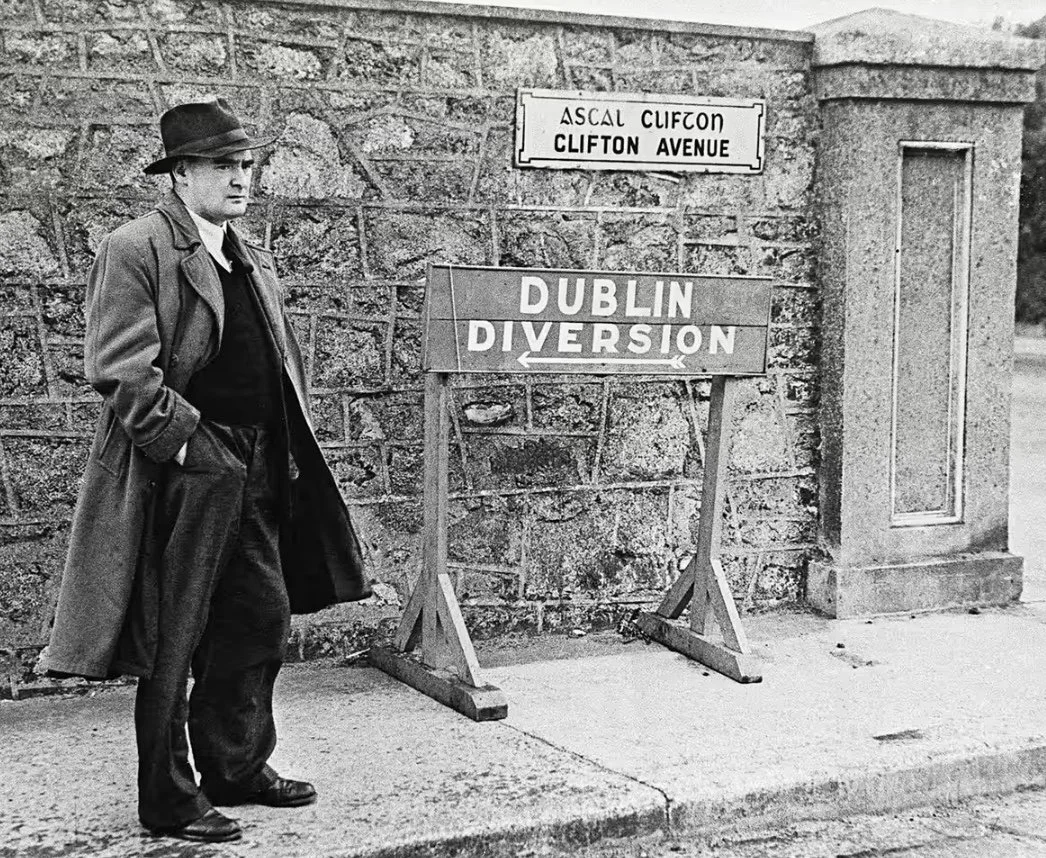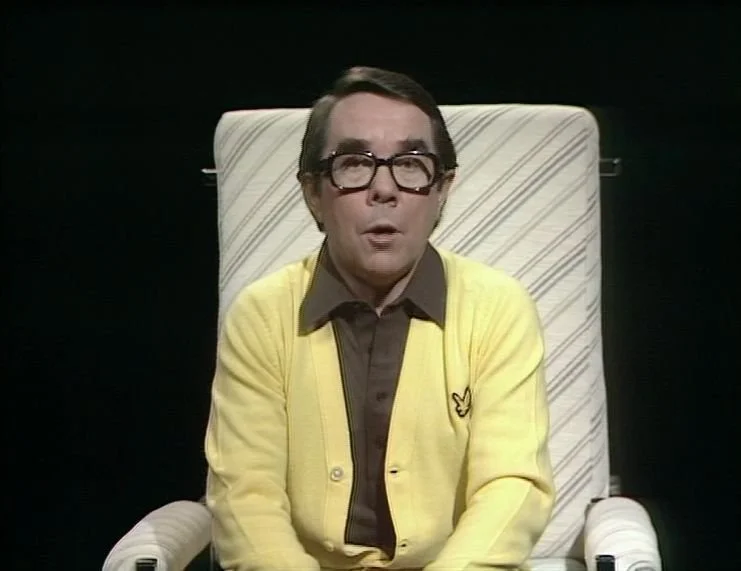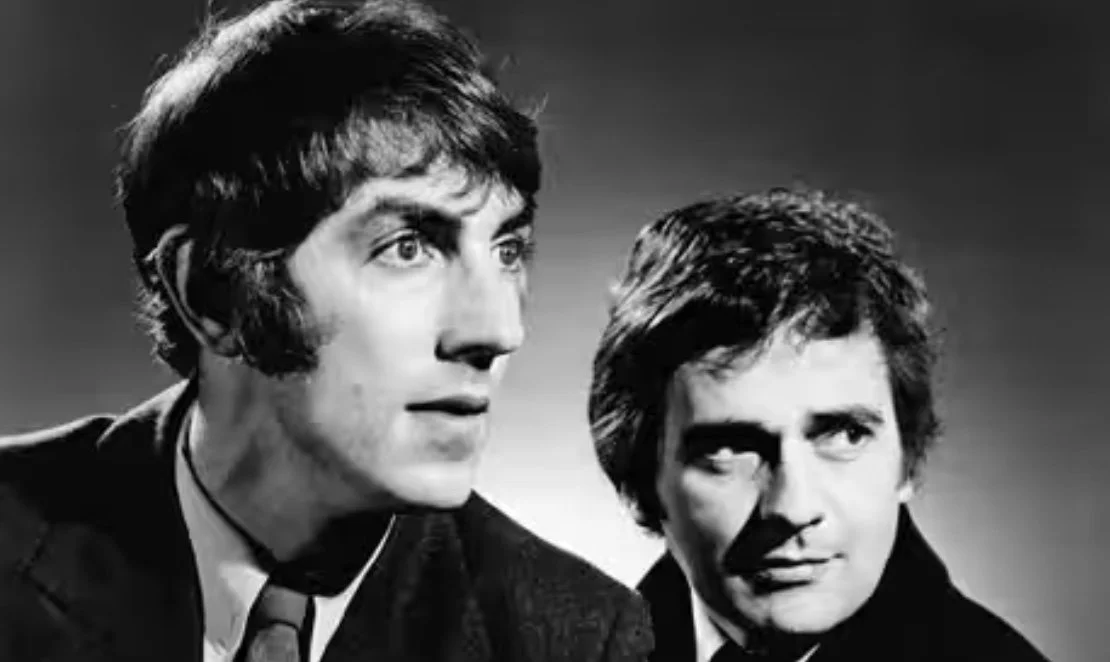By The Landlord
“I have a strong propensity in me to begin this chapter very nonsensically, and I will not balk my fancy. – Accordingly I set off thus ... "
”What a large volume of adventures may be grasped within the span of his little life by him who interests his heart in everything.” – Laurence Sterne, The Life and Opinions of Tristram Shandy, Gentleman
“As I looked out into the night sky, across all those infinite stars, it made me realise how insignificant they are ...”
“I have learned from my mistakes, and I am sure I can repeat them exactly.” – Peter Cook
"We can't bust heads like we used to, but we have our ways. One trick is to tell them stories that don't go anywhere.” – Abe Simpson, The Simpsons
“Whether a yarn is tall or small I like to hear it well told. I like to meet a man that can take in hand to tell a story and not make a balls of it while he's at it. I like to know where I am, do you know. Everything has a beginning and an end ..."
"Waiting for the German verb is surely the ultimate thrill.” – Flann O'Brien
It is defined as a long-winded tale featuring extensive narration of typically irrelevant incidents, usually resulting in a pointless or absurd finale or punchline. Sounds very much like my life.
But in this era of tweets, Instagram and TikTok posts, impatient scrolling and short-attention spans, the shaggy dog story feels like a lost art, well beyond of the searching radar of the small screen. Nevertheless storytelling is something our brains are certainly built for, and whether humorous or otherwise, the skill involved telling such tales is in keeping the readers’, or listeners’ attention, despite a growing suspicion it might result in a silly, anti-climatic ending. Like the best journeys, it’s not so much about getting to the destination, but taking in delicious detail along the way, turns of phrase, vivid images, sounds, pace, buildup, all wrapped in narrative skill, pulling you in, entertaining, distracting. Ironically, after waiting for it, the ending can feel the least important, inconsequential part after all.
So then, this week we’re all about this kind of story in song. It might be told short or long, as a ballad narrative style or made reference in some metaphorical way, and culminate in an ironic anti-climax. The interpretation is wide, but songwriters who are great storytellers might be a way to start, in everything from folk to prog rock, jazz and poetry to hip-hop, or even humorous pop.
Such tales in song might take the form of long-form jokes, or mimic other sub-forms such as the feghoot - a humorous short story or vignette ending in a pun. The name comes from the collective title of sci-fi stories Through Time and Space with Ferdinand Feghoot, published in various magazines over several decades, written by Reginald Bretnor under the anagrammatic pseudonym of Grendel Briarton.
Laurence Sterne
There are many greats of the genre in fiction, perhaps pioneered by the great, expansive Laurence Sterne, author or The Life and Opinions of Tristram Shandy (published between 1759 and1767), but there are also many examples the many stories within stories of Marcel Proust, Mark Twain, Nikolai Gogol, yet perhaps greatest of all, Flann O’Brien, particularly in his masterpieces The Third Policeman and At Swim-Two-Birds, in which countless worlds are created within worlds to no apparent consequence but the love of a good story. Here are further examples:
“One beginning and one ending for a book was a thing I did not agree with. A good book may have three openings entirely dissimilar and inter-related only in the prescience of the author, or for that matter one hundred times as many endings.” – Flann O'Brien, At Swim-Two-Birds
“Past humanity is not only implicit in each new man born but is contained in him. Humanity is an ever-widening spiral and life is the beam that plays briefly on each succeeding ring. All humanity from its beginning to its end is already present but the beam has not yet played beyond you.” – Flann O'Brien, The Third Policeman
Flann O’Brien - a genius of diversions
O’Brien, whose real name was Brian O’Nolan, also had several noms to plumes, including Myles-na-gCopaleen, under which he wrote his Irish Times column, the Cruisceann Lawn, which was packed with shaggy dog tales, most famously Various Lives of Keats and Chapman, inspired by the poets John Keats and George Chapman, concerning how the former had another life as a vet, who, in a lengthy tale, treats the latter’s pet pigeon for having a champagne cork stuck in its beak, culminating in him being inspired to write his famous sonnet On First Looking into Chapman's Homer. This was really about a volume of famous Greek poet translated in by the Elizabethan playwright George Chapman, but O’Brien’s entire construction of the story was for the sake of ‘homer’ meaning homing pigeon.
Shaggy dog stories often contain animals or birds, and their name comes from many tales in newspapers in the early part of the 20th featuring such dogs that at the end aren’t as hairy as they are built up to be, turn up in surprising situations, from Lad the collie to various old English sheepdogs, including the absurd 1959 American comedy film The Shaggy Dog, about teenage boy named Wilby Daniels who, by the power of an enchanted ring of the Borgias, is transformed into one.
Some comedians have mad an entire career out of the shaggy story style, such as Canada’s Norm Macdonald, who regularly appeared on TV. One example is story about a moth that flutters podiatrist’s office. When questioned, “What seems to be the problem, moth?”, the moth says “What’s the problem? Where do I begin, man?” then goes into a long narrative of various stories before which the second question.
“And so the doctor says, ‘Moth, man, you’re troubled. But you should be seeing a psychiatrist. Why on earth did you come here?’
And the moth says, ‘Because the light was on.’”
Liverpool’s much loved relentless storytelling standup Ken Dodd had a bottomless supply of quick fire jokes, but also shaggy dog stories. Here’s one about a three-legged chicken.
Ronnie Corbett of the comedy sketch duo The Two Ronnies was arguably the inferior foyle to the skilful writing of Ronnie Barker, but also enjoyed a fond following for his divergent shaggy dog stories in the weekly armchair.
Ronnie Corbett
All of these are proper groaners, and also in the Simpsons, Homer’s father Abe regular sets off on ambling stories of annoying divergence, including this example of the onion belt story in the episode Last Exit To Springfield, a parody of the film Last Exit To Brooklyn.
Yet the tall tale or shaggy story can be a real artform of brilliant wit. Peter Cook was famous for entering into brilliant divergent monologues, many of which were never recorded but were simply inspired as one-offs in social gatherings. "Life is a matter of passing the time enjoyably. There may be other things in life, but I've been too busy passing my time enjoyably to think very deeply about them,” he remarked, mischievously.
Peter Cook and Dudley Moore, incorrigibly fifthly as Derek and Clive
However, some of his remarkable parodying skill with superbly pointless effect was also captured, riffing endlessly, drunkenly, and often filthily, as Derek and Clive with his old friend Dudley Moore.
Australia’s Barry Humphries was also a brilliantly articulate silly storytelling, beguiling audiences with his perfectly weighted silliness. But perhaps the greatest shaggy storyteller of television in the last few decades, in the tradition of Flann O’Brien, was Ireland’s Dave Allen. Enjoy the beautiful tension and pace of him in this ultimately absurd ghost story:
But to close, let’s have an example from a musician, not in this example a song, but a story set in a supermarket told perfectly by the inimitable Tom Waits from the triple album of oddments, Bawlers, Brawlers and Bastards:
So then, how will this all end? With wonderfully witty mischievous absurdity, hairy hopelessness, or audible anticlimax? Hopefully anything can happen with your nominations, carefully perused by this week’s guest playlister, the perceptive ParaMhor. Please put your suggestions in comments below for deadline at 11pm on Monday UK time for playlists published next week.
Where will this journey end up?
New to comment? It is quick and easy. You just need to login to Disqus once. All is explained in About/FAQs ...
Fancy a turn behind the pumps at The Song Bar? Care to choose a playlist from songs nominated and write something about it? Then feel free to contact The Song Bar here, or try the usual email address. Also please follow us social media: Song Bar Twitter, Song Bar Facebook. Song Bar YouTube, and Song Bar Instagram. Please subscribe, follow and share.
Song Bar is non-profit and is simply about sharing great music. We don’t do clickbait or advertisements. Please make any donation to help keep the Bar running:






